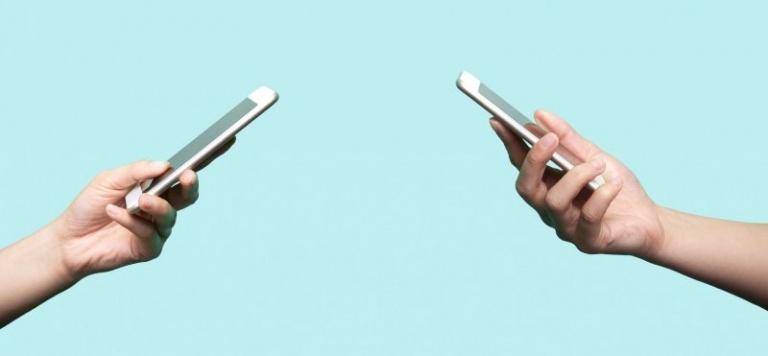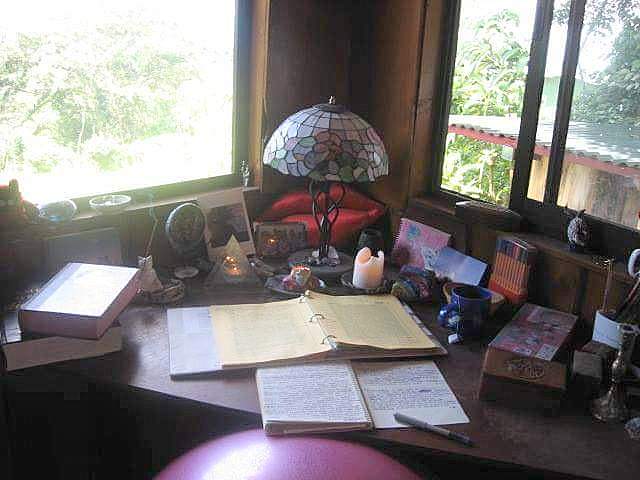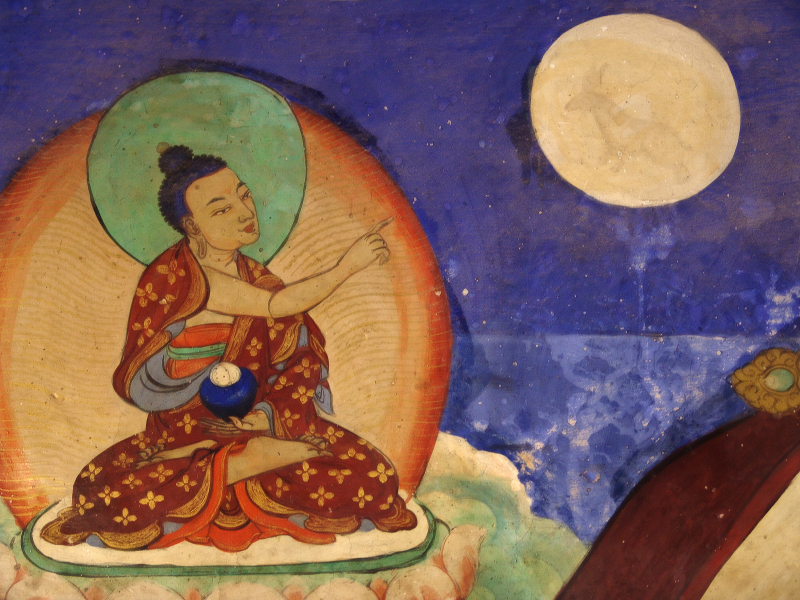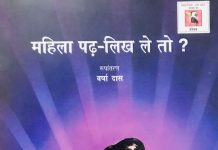EXPLORATION
The obsession with technology has on many occasions taken us away from the celebration of heartfelt face to face conversations, the freedom to experience the beauty of life without a compulsion for sharing it on social networking sites or simply to enjoy a favorite book by the window side. A young woman shares an experience that led to an inner journey of contemplation and self-discovery.
Priyanka Yadav / The New Leam

[dropcap]I[/dropcap]t was a quiet winter afternoon and I was home for the winter break. The internet was not working that day perhaps due to a technical error. Being a social media addict I was unable to calm my restless soul – I had already had my breakfast, wasn’t too much of a television viewer and had nobody around for a chat. I thought of reading a book, very impatiently I ran towards my home library.
What should I read, I pondered. Lying in front of me were all my academic books with which I had promised to detach myself till the holidays came to an end. Something preferably not too thick and yet enlightening- it was that kind of book that I searched amidst the pile. Right behind the stack I could see a book- dust soaked, it was, Nehru’s Discovery of India. I quickly picked it up, cleaned the dust and as I saw the cover, I remembered the day I brought it here.
I purchased it during my graduation days and five years since then I did not make an effort to even read it for once, anyhow. Not that I was planning to read it right now either but after looking at the book I recalled a dialogue I had with my friend while purchasing the book. She had informed me that Nehru was so passionate about writing that he wrote letters to his daughter and in those letters he used to explain, politics, international affairs and society through his personal anecdotes.
From that conversation, I started to ponder how good it must have been to write letters and Eureka! I had an idea in place. Let’s write a letter my mind assertively said, left the book where it was and grabbed a piece of paper and pen, sat near the window and kick-started my project for the afternoon.
Whom should I write it to, I thought for a while and after seconds impatient thought I just decided to address it to my father who was in a different city at that time? I began, initially I was lost but as I started my thoughts started to flow, word by word I kept writing the letter. I was meticulous to maintain a good handwriting and also check whether I spelled all my words correctly.
It felt as if all my emotions were packed with those alphabets, carrying them in the form of words. Each and every word was well thought of and every sentence written with utmost care and sensitivity to deliver the right feeling to the person to whom it was addressed.
After a brief period I just raised my head from my consistent scribble and realised it was more than an hour since I had started writing. But what shook me was not the time but the way I was able to patiently sit for a task that long and yet not feel drained.
The end product was amazing; I had a full hand written two page letter in which I appropriately communicated all that I wanted to. I had never felt so satisfied but on the other hand I also realised the damage which technological revolution has done to our lives, in an era of Whatsapp, Facebook and Twitter where language has completely lost its form how can we expect it carry emotions?
In an article published in The Guardian, Simon Jenkins wrote “The digital age will free us up not only for leisure activities but also to take on caring roles that can only be filled by humans.”
Is it actually true? Will robots be able to take over the human space of love, respect, care, emotion, feelings? And even if they do, will they be able to deliver human tasks with the same feelings and passion?

Simon Jenkins further went on to add “New technology will mechanise a number of activities. As throughout history, innovation requires labour markets to shift and people- or their offspring- to retain. The reality of economic history is that technology and trade yield short-term disruption. The same thing happened with refrigerated transport in the 1880s and combine harvesting between the wars. But we survived and prospered as new needs, and jobs, emerged. Haldane’s gloom merely serves the looming politics of protectionism and chauvinism.”
I am sure that at the rate, at which technology is growing today, it would successfully mechanise everything and even if we agreed to the fact that after a certain disruption there would be stability, and even if problems such as job loss arise, there would be avenues for new kinds of jobs- there are some important issues that we cannot neglect or overlook.
What is problematic here is the acceptance of the fact that machinery can replace all human activity and can be an answer to all human problems.
When human beings perform a task or a responsibility from a space of love, it is not a duty or a job that they do, it is an act of interest and love- selfless and pure and that is what makes the act a powerful one packed with strength, I am not sure if a robot will ever be able to perform such tasks.
The fourth industrial revolution is a scary situation to me where I just can’t imagine robots singing lullabies to my children and I becoming isolated and left out with all my natural and unmanaged emotions.
Meanwhile, as I finish writing this piece and get back to my enslaved technological self, I see I have two unread messages on Whatsapp from my mother who has sent me some sweets with a resonating emoticon beneath which she writes “ Have them it’s Ganesh Chaturthi today.”














